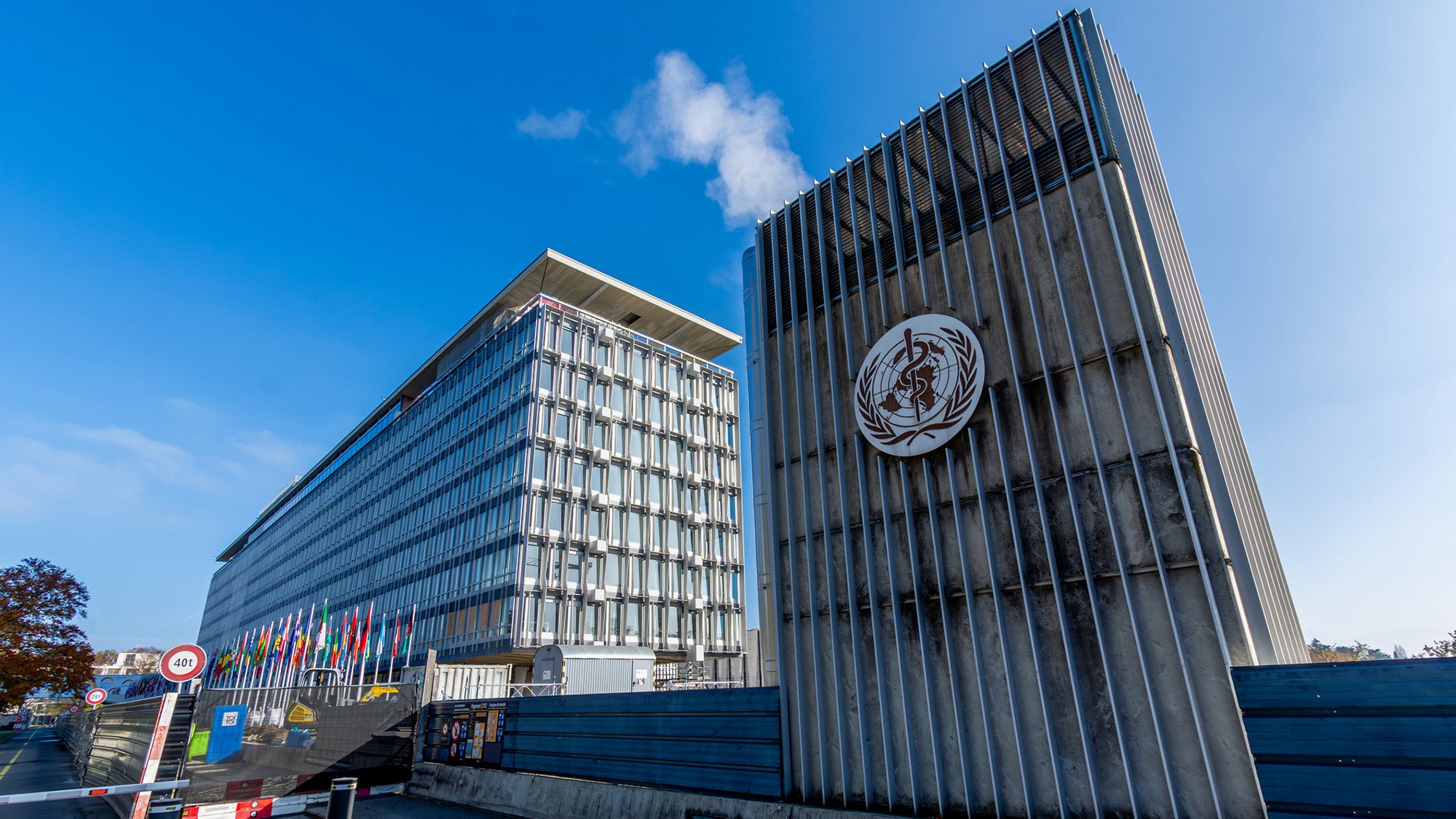Op-ed: Trump travel ban sends ‘chilling message’ to international students

A travel ban enacted by President Donald Trump in early June is affecting thousands of international students—including Fatou Wurie, a doctoral student at Harvard T.H. Chan School of Public Health, who wrote about the impact of the ban in a June 20 op-ed in The Guardian.
Wurie is from Sierra Leone, whose citizens face partial restrictions under the ban. Another 12 countries face full restrictions.
Wurie had been planning to return briefly to Boston this summer to defend her doctoral dissertation, and looked forward to walking across the stage to receive her diploma next May. “Instead,” she wrote, “I am in Sierra Leone, denied the ability to return—not due to misconduct, overstaying or fraud—but simply for being Sierra Leonean.”
Wurie’s research focuses on uterine fibroids, a condition that severely affects women’s lives in Africa and beyond. She launched a social impact venture called Youterus Health focusing on fibroids and other gynecological conditions.
Wurie will be able to defend her dissertation virtually, she wrote in an email. “I will be able to complete my journey … which speaks to the adaptability of the University and my incredible supervisor, Professor Jesse Bump [lecturer on global health policy].” But she noted that, even with the flexibility of virtual work, “something is still taken away.”
In her op-ed, Wurie wrote that the travel ban “sends a chilling message to thousands of international students who now face a similar fate: educational dreams suspended, futures uncertain, doors closed without warning or reason.” She added that, beyond individual disappointments, the ban also “disrupts academic communities, weakens critical international collaborations, and undermines global scholarship that profoundly benefits the U.S.”
Read Fatou Wurie’s Guardian op-ed: What it’s really like … to know I’m going to miss my Harvard graduation because of Trump’s travel ban


